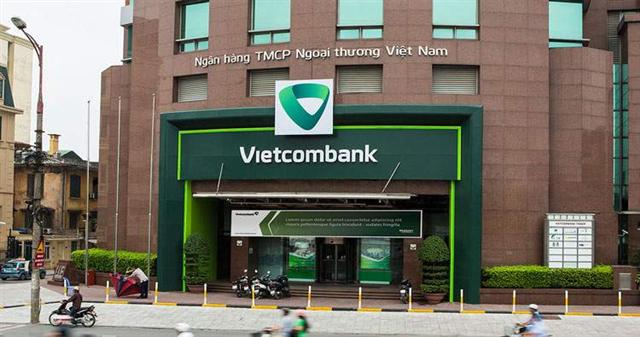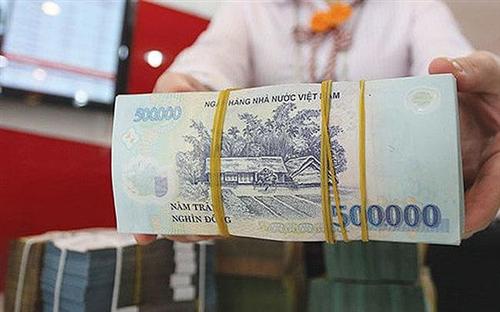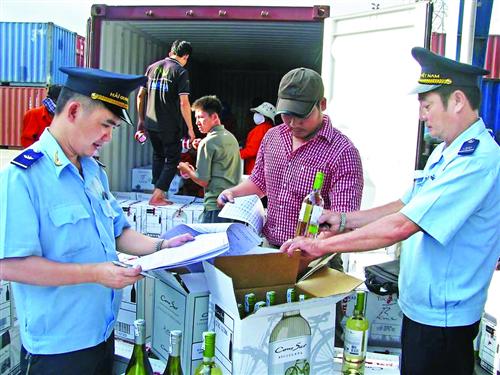Vietnam government to raise registered capital at major state-run banks in Q1
Vietnam government to raise registered capital at major state-run banks in Q1
All four major state-run banks, including Vietcombank, Vietinbank, Agribank and BIDV, are expected to qualify for Basel II standards in 2020.
The Vietnamese government plans to raise registered capital of two major state-run banks Vietcombank and Vietinbank by around VND10 trillion (US$432.32 million) right in the first quarter of 2020, according to Deputy Prime Minister Vuong Dinh Hue.

Illustrative photo.
|
In case of Agribank, the lender’s taxable profit in 2020 would be used to increase its registered capital, Hue informed at a meeting with senior leaders of Hanoi-based Military Bank (MB Bank) on January 30.
Hue suggested MB Bank consider solutions to increase the bank's registered capital. It is one of the first three banks in Vietnam qualified for requirements on capital adequacy ratio (CAR) under Basel II standards.
In a meeting last December, Hue expected all four major state-run banks, including Vietcombank, Vietinbank, Agribank and BIDV, to qualify for Basel II standards in 2020.
By the end of 2020, all commercial banks are required to qualify for Basel II standards, a condition for local lenders to expand their respective credit growth limit and increase registered capital.
To date, only 16 out of 38 local banks are able to meet the Basel II standards.
As of present, the respective CAR of Vietcombank, BIDV, Vietinbank and Aribank is approaching the minimum requirement of around 8% for Basel II, while the total assets and outstanding loans at these four banks account for nearly 50% of the total in the country’s banking system.
Meeting with President of global private equity firm Warburg Pincus Timothy F.Geithner on December 17, 2019, Hue revealed the government would consider reducing its ownership at these banks to 65% by 2025.
The move would be part of the government’s efforts to open the financial market to foreign investors, particularly in financial services, in compliance with Vietnam’s commitments in multilateral and bilateral trade agreements, Hue stressed.
In a government press conference last November, Nguyen Thi Hong, deputy governor of the country’s central bank State Bank of Vietnam, said without a permission to increase registered capital, these lenders would have to limit or even suspend lending. This would cause negative impacts on the economy, as a major source for investment capital in Vietnam comes from banks’ credit.


























